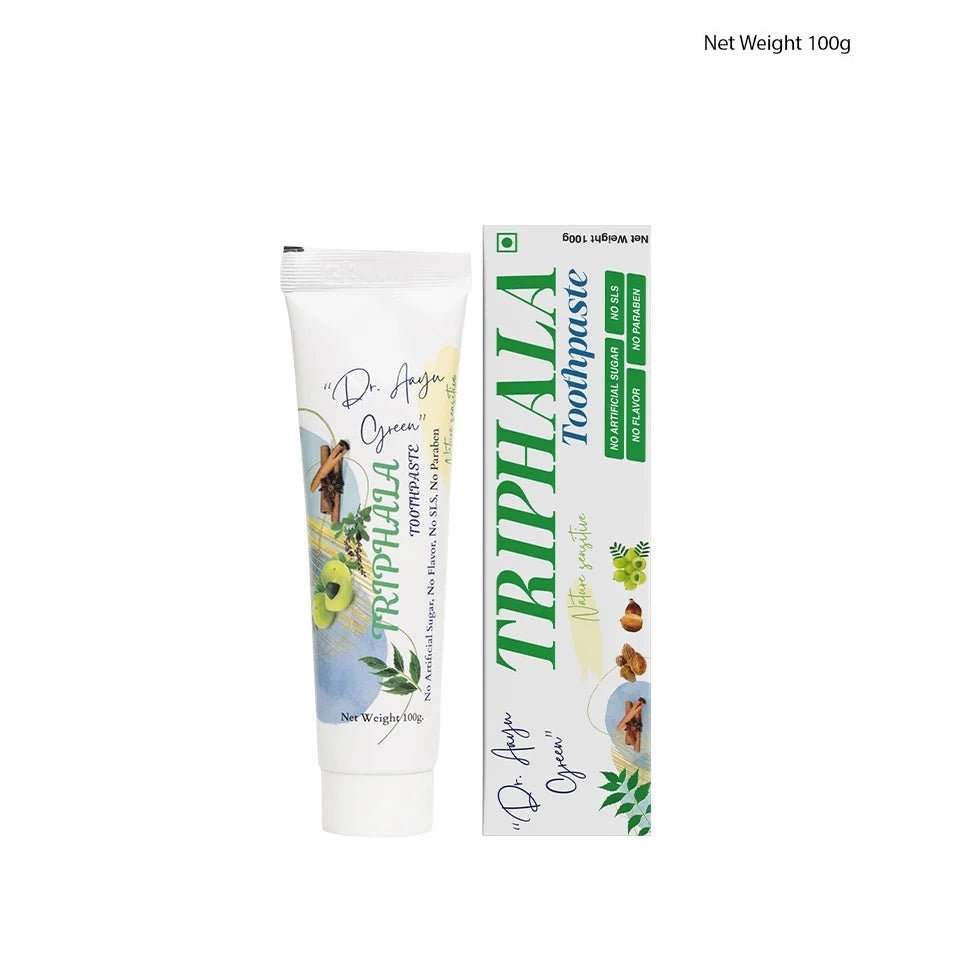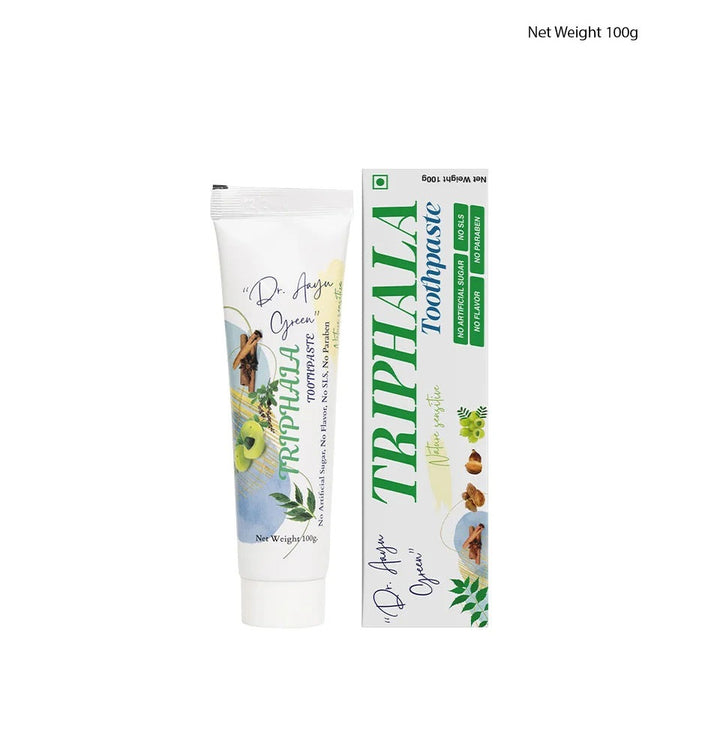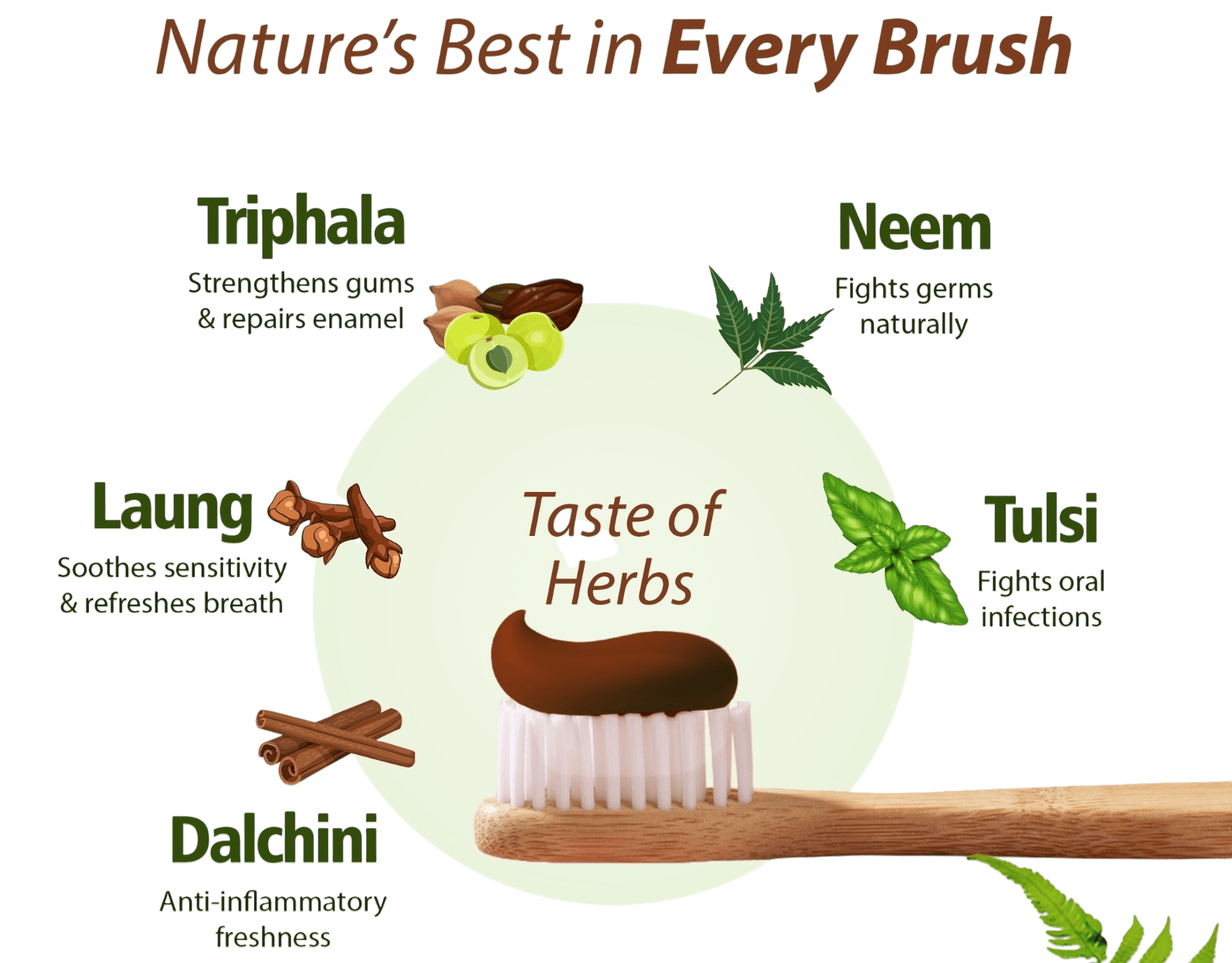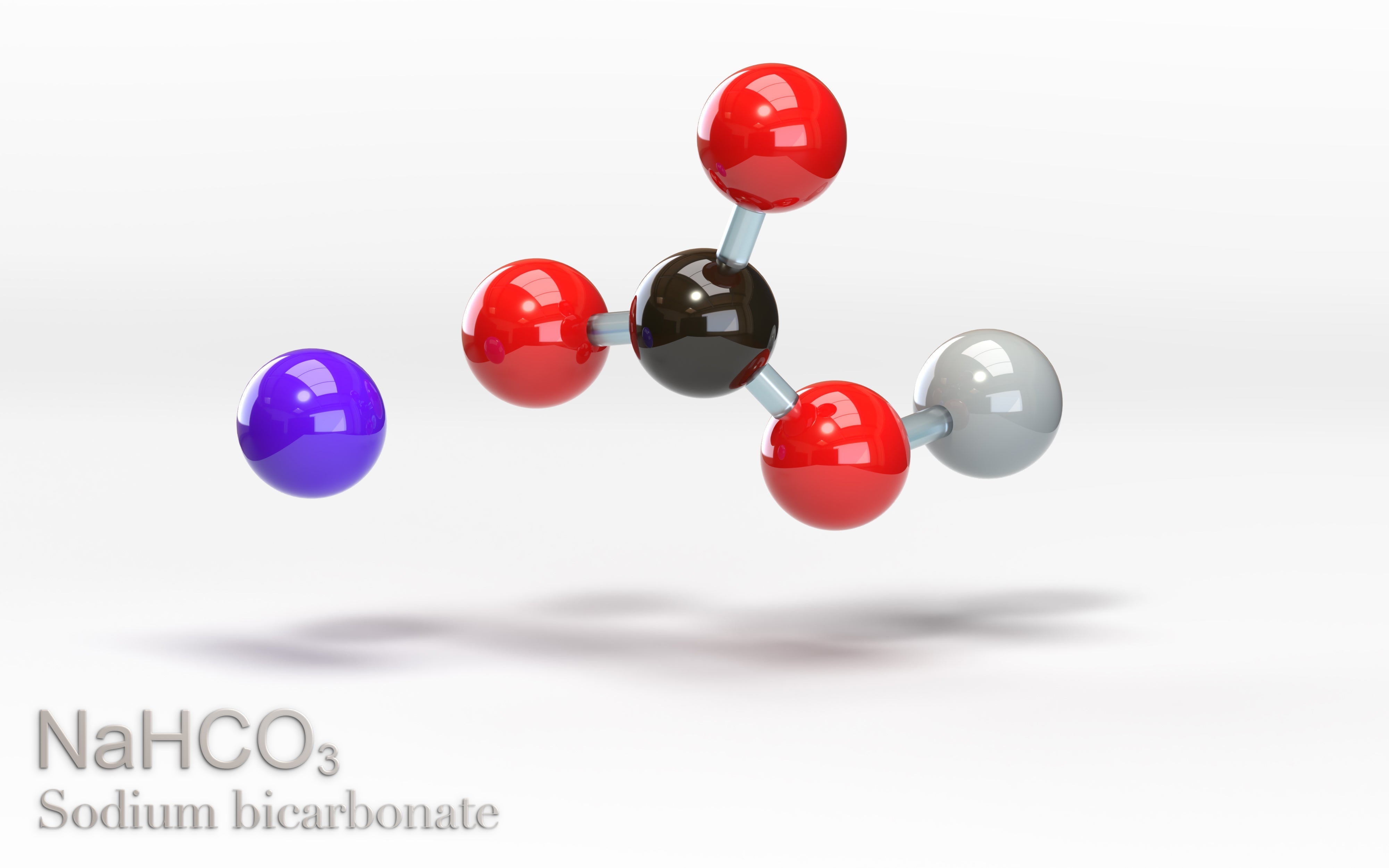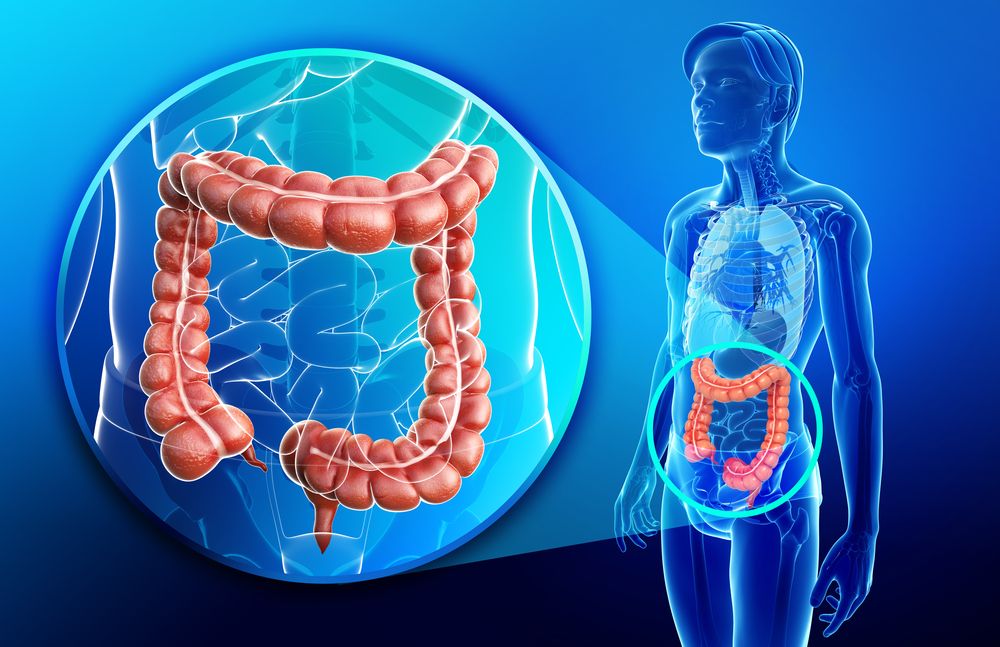If you’ve ever wondered whether your toothpaste is doing more harm than good, you’re not alone. With so many options on store shelves, it can be confusing to choose between Ayurvedic toothpaste and regular toothpaste. This guide explains the practical differences between herbal and conventional toothpaste, highlights the benefits of herbal versus conventional pastes, and shows how TickMyHealth helps you select products that are gentle, transparent, and effective.
What is the difference? — Ayurvedic toothpaste vs regular toothpaste
At the simplest level, Ayurvedic toothpaste is formulated from plant-based ingredients and traditional herbal extracts, such as neem, clove, turmeric, and miswak, while regular toothpaste typically relies on synthetic surfactants, artificial flavours, and standard actives like fluoride and silica.
The debate centres on efficacy, safety, and user preference: herbal formulas aim for holistic gum and mouth support, whereas conventional pastes focus on cavity prevention, whitening, and broad-spectrum cleaning.
Ingredients: Natural herbs versus chemical actives
One of the key differences between herbal and conventional toothpaste is the ingredient list.
· Herbal pastes emphasize oral hygiene with natural herbs, such as neem for antibacterial action, clove for soothing and analgesic effects, turmeric for inflammation control, and aloe for mucosal comfort.
· Regular toothpaste often contains ingredients that some users try to avoid: synthetic foaming agents, preservatives, artificial sweeteners, whitening abrasives, and other controversial additives.
That’s why many consumers search for regular toothpaste harmful ingredients and consider switching to natural alternatives.
Pros and Cons — Pros and Cons of Ayurvedic Toothpaste
Pros:
· Gentle for sensitive teeth and gums, plant-derived ingredients with no chemical additives in Ayurvedic toothpaste.
· Many formulations are suitable for sensitive teeth and gums, avoiding harsh detergents and abrasives.
· Natural antibacterial ingredients in toothpaste can support long-term gum health.
Cons:
· Not all herbal toothpastes contain fluoride — if cavity prevention is your priority, check the label.
· Some natural abrasives, such as charcoal, may be too abrasive if used frequently.
· Variability in formulation quality — choose brands that publish lab tests and sourcing details.
Why Some People Worry About Regular Toothpaste Ingredients
Concerns commonly raised about regular toothpaste harmful ingredients include:
· Sodium lauryl sulfate (SLS), a foaming detergent that can irritate sensitive mouths.
· Artificial sweeteners.
· Triclosan (less common now).
· Overly abrasive whitening compounds.
For people with recurring mouth ulcers or sensitive mucosa, surfactant-driven irritation can be a real issue. That’s why many prefer an SLS free Ayurvedic toothpaste or a low-irritant alternative.
Performance: Cleaning, Cavity Protection, and Sensitivity
Cleaning ability depends on formula design, abrasivity, and fluoride content, more than whether a paste is herbal or conventional.
· A well-formulated Ayurvedic toothpaste can be effective at plaque control and gum support, especially with clinically proven botanical actives.
· For strong anti-cavity protection, look for herbal pastes with added fluoride or use a fluoride rinse as recommended by your dentist.
· Herbal options often reduce irritation for gentle for sensitive teeth and gums because they omit harsh surfactants and irritating flavours.
Natural Antibacterial Ingredients in Toothpaste
Many herbal pastes rely on natural antibacterial ingredients in toothpaste, including neem, clove, tulsi, miswak, and turmeric. These botanicals offer antimicrobial, anti-inflammatory, and antioxidant properties that help manage plaque and soothe gums. They work best alongside good brushing technique and regular dental check-ups.
TickMyHealth’s Take: Choosing Natural, Effective Oral Care
At TickMyHealth, we believe oral care should be evidence-minded and transparent. Our product approach focuses on:
· Clear ingredient panels and third-party testing.
· Formulations that prioritize no chemical additives in Ayurvedic toothpaste while preserving efficacy.
· Gentle bases that avoid harsh surfactants — many customers prefer an SLS free Ayurvedic toothpaste to reduce mucosal irritation.
For example, our Dr. Aayu Green Triphala Toothpaste blends traditional herbs with modern quality control to deliver natural antibacterial ingredients in toothpaste and gum comfort without unnecessary chemical additives.
Curious which option fits your mouth? Explore Dr. Aayu Green Triphala Toothpaste on TickMyHealth — a thoughtfully formulated Ayurvedic toothpaste combining natural antibacterial ingredients in toothpaste with modern quality controls.
How to Choose Between Ayurvedic Toothpaste and Regular Toothpaste
· Identify your primary goal: cavity prevention, sensitivity relief, whitening, or gum health.
· Read labels: check for fluoride if you need cavity protection, and check abrasivity if you have enamel wear.
· Look for products that publish testing data or certifications.
· If you have recurrent mouth ulcers or sensitivity, try switching to an SLS free Ayurvedic toothpaste and monitor symptoms for a few weeks.
· Discuss complex dental conditions with your dentist before making major changes.
Practical Tips for Switching
· Transition gradually: use the herbal paste for one brushing a day and your regular toothpaste the other time if concerned about fluoride.
· Pair with fluoride rinses if your chosen herbal paste is fluoride-free but you want cavity protection.
Maintain regular dental visits — natural toothpaste supports hygiene but does not replace professional care.

